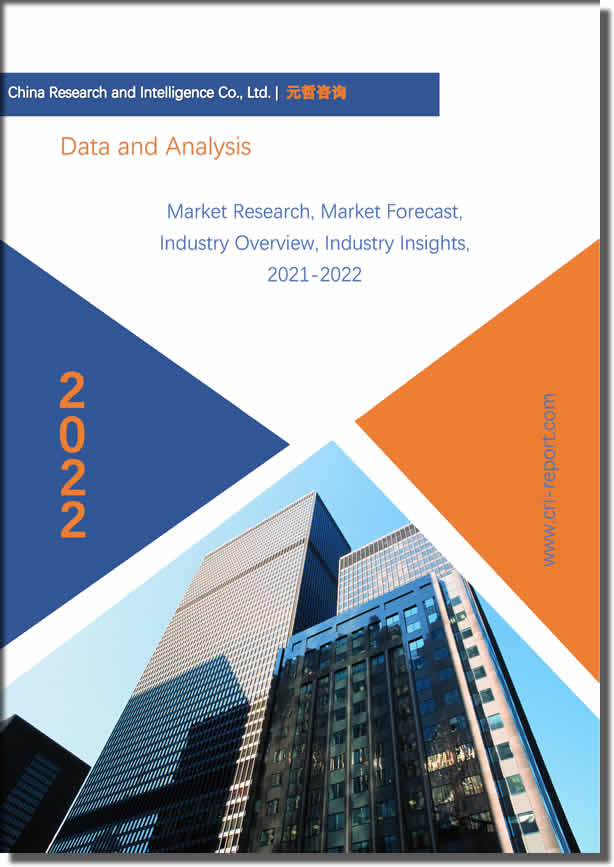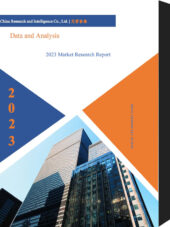Description
global Active Pharmaceutical Ingredient Market
Global Active Pharmaceutical Ingredient to surpass USD 336 billion by 2030 from USD 188 billion in 2020 at a CAGR 6.23% in the coming years, i.e., 2021-30. The growth of the market is attributed to the rising prevalence of chronic diseases, advancements in technology for API manufacturing, increasing adoption of generic medicine, growing focus on personalizing medicine, and increasing investments in the pharmaceutical sector.
Product overview
Active Pharmaceutical Ingredients (API) are chemicals that are used in the production of pharmaceuticals. The APIs are present biologically in the drug and are responsible for the effects it causes. Any medicine is made up of two parts: the active pharmaceutical ingredient (API) and the excipient. The excipient is the drug’s inactive ingredient that serves as a carrier for the API. E.g., paracetamol is the API and the binding agent (such as starch) is the excipient in a paracetamol tablet. APIs are used to root pharmacological activity or other direct effects for diagnosis, cure, mitigation, treatment, or prevention of disease, according to the Food and Drug Administration (FDA).
Market Highlights
Global Active Pharmaceutical Ingredient Market is expected to project a notable CAGR of 6.23% in 2030.
In addition, favorable government policies for API production, coupled with changes in geopolitical situations, are bolstering the market growth.
Global Active Pharmaceutical Ingredient Market: Segments
Innovative segment to grow with the highest CAGR during 2020-30
Global Active Pharmaceutical Ingredient Market is segmented by type into Innovative and Generic. Innovative is expected to grow with the highest CAGR during the forecast period Increased FDA approvals for new molecular entities, the high cost of innovative APIs compared to generic drugs, and the innovator API companies’ increased emphasis on R&D are all contributing to the innovative APIs segment’s growth.
Oncology segment to grow with the highest CAGR during 2020-30
Global Active Pharmaceutical Ingredient is divided by Application into Communicable Diseases, Oncology, Cardiovascular Diseases, Diabetes, Pain Management, Chronic Respiratory Diseases, and Other. Oncology segment is expected to grow with the highest CAGR during the forecast period due to sedentary lifestyles and the growing prevalence of cancer. Besides, escalating demand for highly potent APIs (HPAPIs) for the treatment of cancer is boosting the segment growth.
Market Dynamics
Drivers
Rising prevalence of chronic diseases
Chronic diseases such as diabetes, coronary artery disease, chronic obstructive pulmonary disease (COPD), asthma, hepatitis, arthritis, and cancer have risen dramatically over the last few decades. This is due to rise in the global geriatric population, shifting habits, and dietary shifts as a result of rapid urbanization. According to the International Diabetes Federation, 463 million people were diagnosed with diabetes worldwide in 2019. Furthermore, by 2030, the number of new cancer cases is projected to increase to 23.6 million a year. Aside from cancer, a variety of other diseases are becoming more common.
Growing Biosimilar market
The rising occurrence of various diseases, the rising number of off-patent biologic drugs, promising results in ongoing biosimilar clinical trials, and the demand for biosimilars in various therapeutic applications are the key factors propelling the biosimilars market growth. Biosimilars are generic variants of proprietary biologic drugs that do not have to meet the same strict regulatory criteria as branded biologic drugs (making them cost-effective as compared to patented biologics).
Restraint
Stringent government regulations
Strict regulatory guidelines are estimated to hamper the growth of Global Active Pharmaceutical Ingredients market. Stringent global regulatory policies on quality assessments of active pharmaceutical ingredients production, facility registration, strengthened cGMP guidelines tightening surprise inspection regimes, and increased supply chain security concerns in developing countries impacted the cost of final active pharmaceutical ingredients products.
Global Active Pharmaceutical Ingredient Market: Key players
Cipla
Company Overview, Business Strategy, Key Product Offerings, Financial Performance, Key Performance Indicators, Risk Analysis, Recent Development, Regional Presence, SWOT Analysis
Bristol Myers Squibb
Boehringer Ingelheim GmbH
BASF SE
Aurobindo Pharma
Albemarle Corporation
Abbvie Inc.
Dr. Reddy’s Laboratories Ltd
Eli Lilly and Company
Viatris Inc
Other Prominent Players
Global Active Pharmaceutical Ingredient Market: Regions
Global Active Pharmaceutical Ingredient Market is segmented based on regional analysis into five major regions. These include North America, Latin America, Europe, Asia Pacific, and the Middle East and Africa. Global Active Pharmaceutical Ingredient in North America held the largest market share of XX.X% in the year 2020. The growth is attributed to the rising occurrence of preventable chronic diseases, increasing government emphasis on generic drugs, escalating demand for biologics and specialty drugs, and technological advancements in the manufacturing processes of APIs.
Global Active Pharmaceutical Ingredient Market is further segmented by region into:
North America Market Size, Share, Trends, Opportunities, Y-o-Y Growth, CAGR – United States and Canada
Latin America Market Size, Share, Trends, Opportunities, Y-o-Y Growth, CAGR – Mexico, Argentina, Brazil, and Rest of Latin America
Europe Market Size, Share, Trends, Opportunities, Y-o-Y Growth, CAGR – United Kingdom, France, Germany, Italy, Spain, Belgium, Hungary, Luxembourg, Netherlands, Poland, NORDIC, Russia, Turkey, and Rest of Europe
Asia Pacific Market Size, Share, Trends, Opportunities, Y-o-Y Growth, CAGR – India, China, South Korea, Japan, Malaysia, Indonesia, New Zealand, Australia, and Rest of APAC
Middle East and Africa Market Size, Share, Trends, Opportunities, Y-o-Y Growth, CAGR – North Africa, Israel, GCC, South Africa, and Rest of MENA
Global Active Pharmaceutical Ingredient Market report also contains analysis on:
Active Pharmaceutical Ingredient Market Segments:
By Type
Innovative APIs
Generic APIS
By Type of Synthesis
Synthetic
Biotech
By Application
Communicable Diseases
Oncology
Diabetes
Cardiovascular Disease
Pain management
Respiratory Diseases
Others
Active Pharmaceutical Ingredient Market Dynamics
Active Pharmaceutical Ingredient Market Size
Supply & Demand
Current Trends/Issues/Challenges
Competition & Companies Involved in the Market
Value Chain of the Market
Market Drivers and Restraints
Frequently Asked Questions
How big is the Active Pharmaceutical Ingredient Market?
What is the Active Pharmaceutical Ingredient Market growth?
Which segment accounted for the largest Active Pharmaceutical Ingredient Market share?
Who are the key players in the Active Pharmaceutical Ingredient Market?
What are the factors driving the Active Pharmaceutical Ingredient Market?
Related Reports: Global Active Pharmaceutical Ingredients Market Research Report – Forecast to 2023




Reviews
There are no reviews yet.